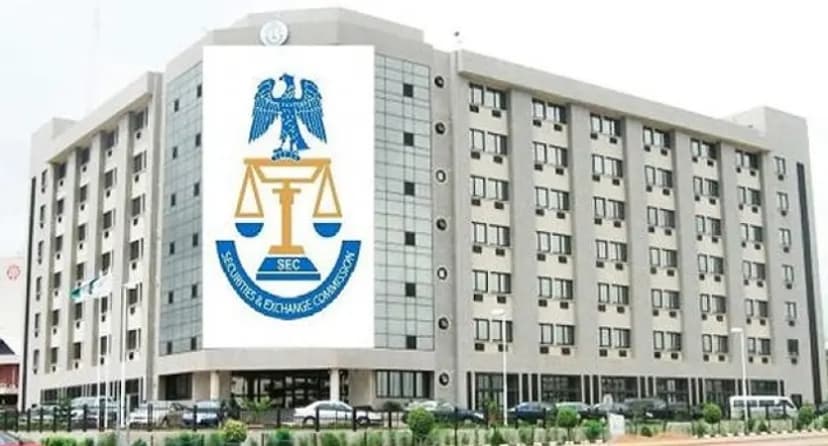The Securities and Exchange Commission (SEC) has warned that victims of Ponzi investment schemes and other forms of unregistered and unregulated investments would lose their money to the federal government under the newly enacted Investment and Securities Act (ISA) 2025.
SEC said that the repealed ISA 2007 did not have clear provisions on Ponzi and illegal financial schemes, which enabled most people that perpetrated frauds to get away with it.
It warned that “now, with the ISA 2025, there is no place for them to hide.”
SEC expressed this view today in a paper presented in Lagos by the Head, Enforcement Department of the SEC, Dr. Sa’ad Abdulsalam, during the Capital Market Enlightenment Programme that was organised for the Capital Market Correspondents Association of Nigeria (CAMCAN).
Abdilsalam said that the commission now has the powers to regulate all securities business, including registration and regulation of online trading activities on securities.
He said: “The commission has the power to raid offices and investments of Ponzi operators and perpetrators of unregistered investment schemes and seal off their offices, freeze their accounts and obtain court order to take away whatever land they are having and whatever they have will go to the federal government” withoit any compensation to their victims.
The SEC also renewed its warning on the dangers of Ponzi schemes, highlighting their devastating impact on investors’ confidence, financial stability and the Nigerian capital market
Abdulsalam noted that the proliferation of fraudulent investment schemes has continued to erode public trust in formal investment platforms and undermined participation in legitimate capital market activities.
He said: “The erosion of market confidence caused by Ponzi schemes leads to significant volatility and reduced investor engagement.
“The fallout not only damages individual finances but also tarnishes the reputation of regulatory institutions tasked with protecting investor interests.”
Abdulsalam emphasised that the social and economic consequences of Ponzi schemes are far-reaching, including loss of household finances, often involving life savings or borrowed funds.
“These losses are not just figures on a balance sheet. They represent broken trust, devastated livelihoods, and increased poverty in affected communities,” he said.
He attributed the rise of Ponzi schemes to several factors, including limited financial literacy; crave for quick returns and the rapid spread of misinformation through social media.
“Ponzi schemes are multiplying geometrically, and our response must evolve at a similar pace,” he said. “The lack of investor education and the impact of economic downturns are making more people susceptible to these traps.”
“When illegal operations are detected, the Commission takes swift action.We do not hesitate to seal off premises involved in unlawful investment activities,” Abdulsalam said.
“Ponzi schemes do not respect boundaries. Our enforcement must be equally coordinated across regulatory jurisdictions,” Abdulsalam emphasised.
The SEC’s message remains clear: investors must exercise caution, verify information, and avoid schemes that promise returns too good to be true.
The Commission reaffirmed its commitment to creating a safer investment climate but stressed that the public also has a role to play in protecting themselves and others.
“Capital markets can only thrive in an environment of trust and transparency. Together, through vigilance, education, and collaboration, we can shield our economy from the destructive force of Ponzi schemes,” he said.





